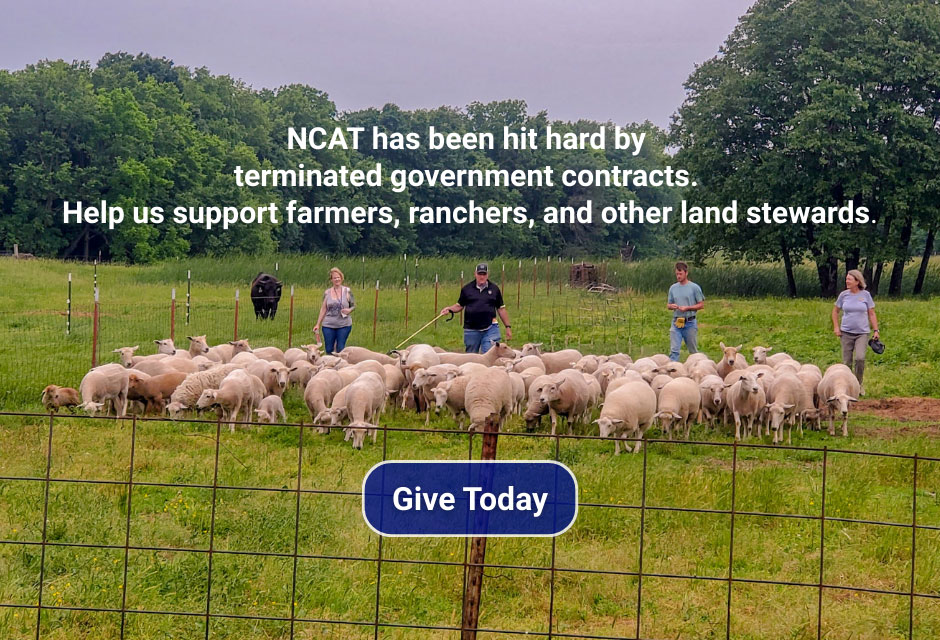USDA Announces Repriorization of Funding to Farmers
USDA has announced the cancellation of the Partnerships for Climate-Smart Commodities initiative and its reformulation into the Advancing Markets for Producers (AMP) initiative. USDA explained that “select projects may continue […]

